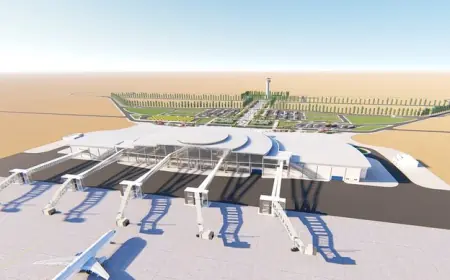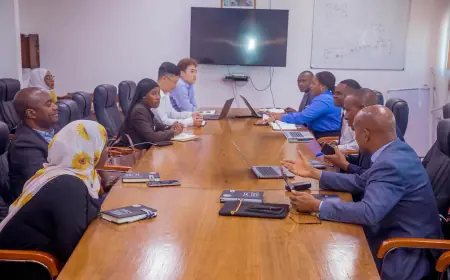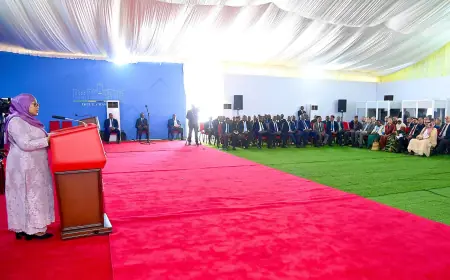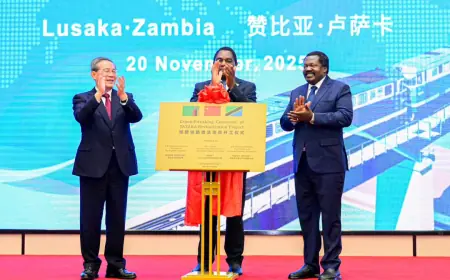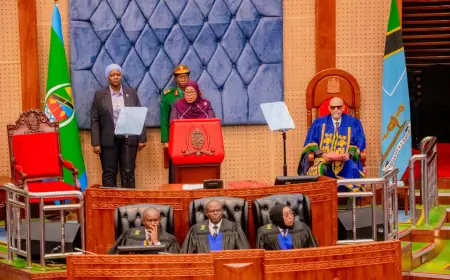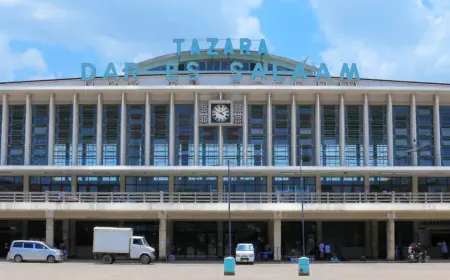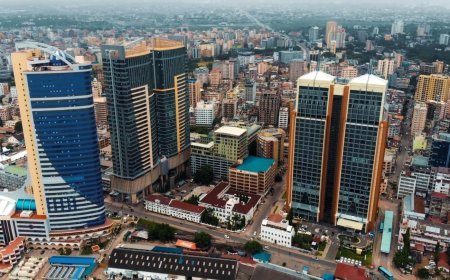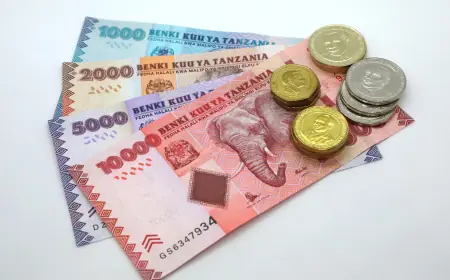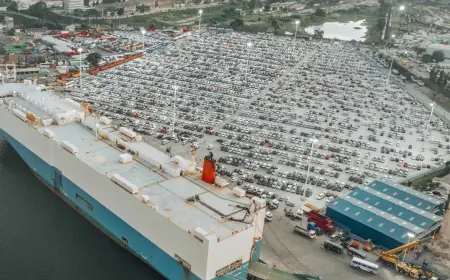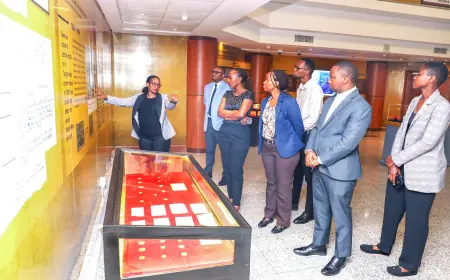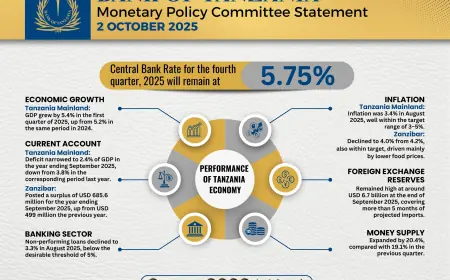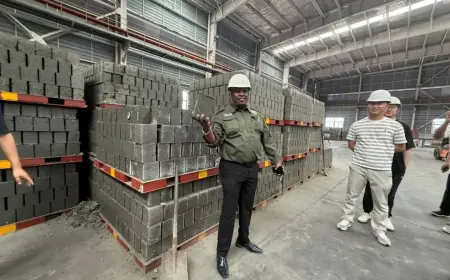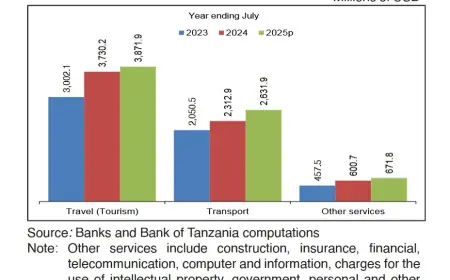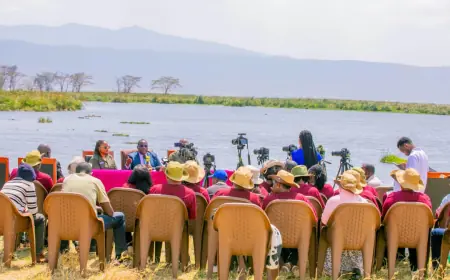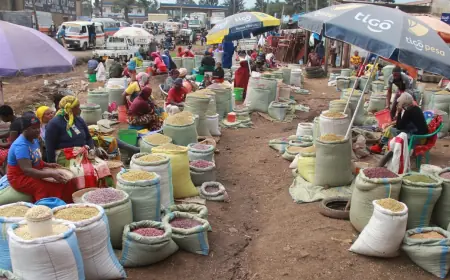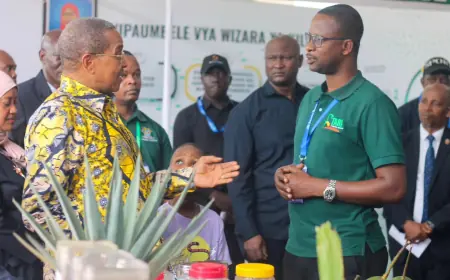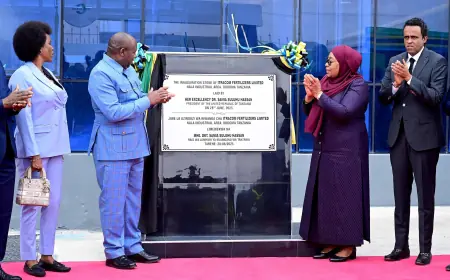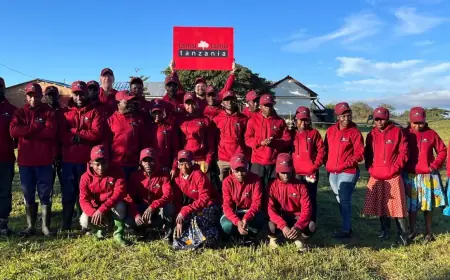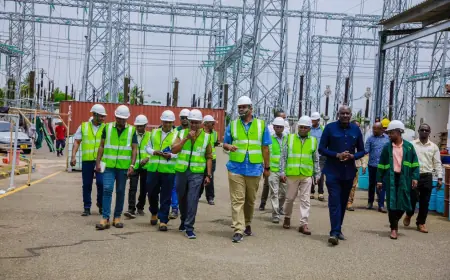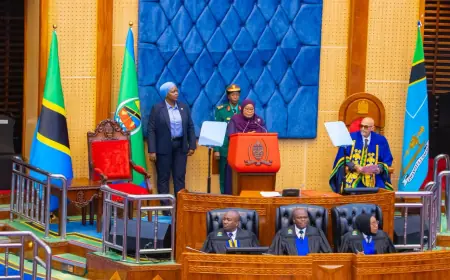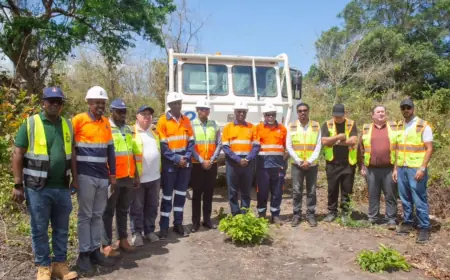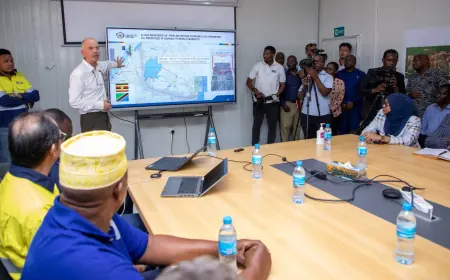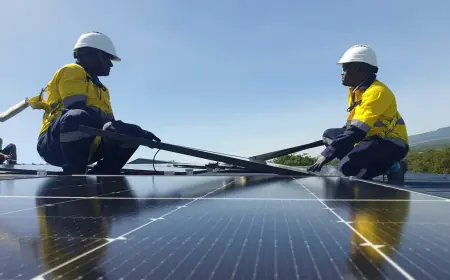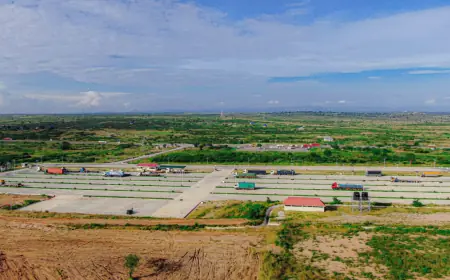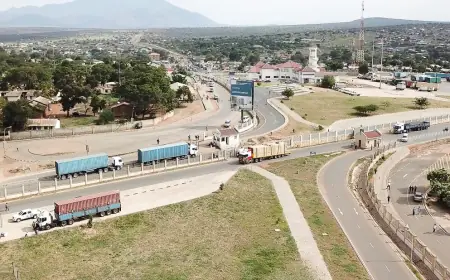The negative impact of the Chinese influx in Tanzania
Tanzania faces growing concerns over the significant Chinese presence, despite some economic gains. Local businesses struggle against cheaper imports, particularly in retail. Chinese firms dominate construction contracts and, through illicit means, mining. Real estate acquisitions create culturally exclusive hubs, while limited local job creation and environmental issues add to the unease, prompting calls for government intervention

In recent years, Tanzania has witnessed a significant influx of Chinese nationals, businesses, and investments.
While this has brought certain economic benefits — including roads, bridges, and increased trade volume — it has also ushered in a growing list of challenges that many Tanzanians now feel can no longer be ignored.
From retail shops to mega construction projects, the Chinese presence is deeply entrenched — but not always to the benefit of the local population.
Across Tanzania, there is now a growing outcry for the government to intervene.
Social media, community meetings, and even political forums are increasingly filled with voices demanding that the state protect local businesses, enforce laws, and review policies governing foreign investors, especially in sectors legally reserved for Tanzanians.
This is not an attack on the Chinese people or their right to invest.
It is a call for balance, fairness, and respect for Tanzanian laws and communities.
Local Business Displacement
One of the most visible signs of the Chinese influx is their increasing domination of the retail and small business sector — a space that was historically reserved for local entrepreneurs.
Chinese traders have flooded Tanzanian markets with cheap, mass-produced goods, often undercutting prices to levels local business owners cannot compete with.
A striking example is the newly constructed East African Commercial and Logistics Centre (EACLC) in Ubungo, Dar es Salaam.
Set to open in October 2025, the complex will host over 1,000 Chinese companies offering wholesale goods ranging from electronics to textiles and hardware.
While framed as a regional trade hub, this development could seriously undermine Tanzania’s traditional commercial heart — the Kariakoo market — by centralising bulk sales and distribution directly in the hands of foreign players.
Ironically, Kariakoo itself is already feeling the pressure, as many Chinese nationals have opened small retail and wholesale shops right within the market.
A recent government report acknowledged that some of these businesses are not even officially registered, raising concerns about tax evasion and unfair competition.
Local traders complain of being priced out and overpowered by Chinese-run outlets that have greater access to capital, cheap imports, and relaxed enforcement.
But the issue doesn’t stop in Dar es Salaam.
Across the country — in regions such as Arusha, Mbeya, Mwanza, and Dodoma — Chinese nationals are opening retail shops that sell electronics, motorbikes (bodaboda), and spare parts at prices that local traders cannot match.
These shops often import directly from China, bypassing local distributors and denying Tanzanians business opportunities at multiple levels of the supply chain.
In the motorbike sector, for example, Chinese traders dominate the market with brands such as Haojue, Dayun, and TVS (manufactured under Chinese license).They not only import the bikes in large quantities but also set up exclusive service centres and spare parts shops — again locking out local mechanics and dealers.
Some Chinese dealers are even offering credit or instalment plans, giving them a significant hold on rural and peri-urban markets where the bodaboda is a crucial means of earning a living.
In electronics, Chinese traders bring in everything from phones and accessories to home appliances.
These goods flood the market, often without proper regulation or standards enforcement, and leave Tanzanian sellers struggling to stay afloat.
As a result, local entrepreneurs are getting squeezed out of sectors they once dominated.
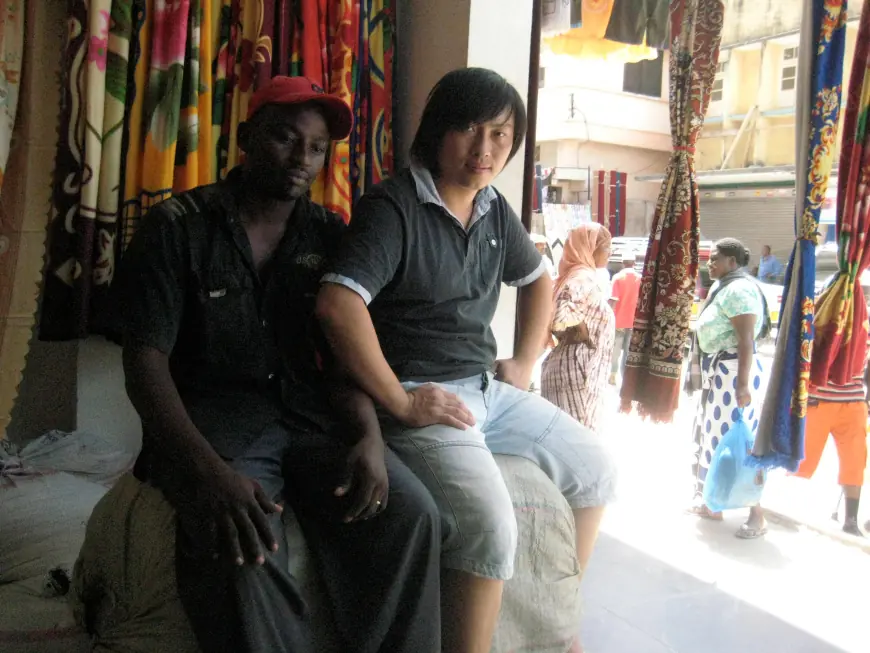
There are growing concerns that if this trend continues unchecked, Tanzanian citizens could soon become mere consumers within their own economy, whilst ownership and control shift to foreign entities — even in sectors with relatively low barriers to entry, such as retail and repair services.
In light of this, many voices are now calling for the government to review the laws that allow foreigners to engage in trading activities that locals are fully capable of handling.
The call is not to block foreign investment but to redirect it toward large-scale production, manufacturing, and technology transfer — sectors that genuinely need foreign capital and expertise, rather than retail spaces where Tanzanians are more than capable.
Domination in Government Construction Contracts
In the construction sector, Chinese companies have dominated government tenders, even in cases where local companies could have executed the work.
Roads, bridges, office complexes, and stadiums are often awarded to Chinese firms — sometimes without transparent competitive bidding processes.
This not only limits opportunities for local contractors but also suppresses the growth of Tanzania’s own construction industry.
It raises questions: Why are local engineers and contractors sidelined in their own country?
Illegal Involvement in Mining
Tanzania’s mining laws are clear — Primary Mining Licences (PMLs) are reserved for Tanzanian citizens.
However, numerous reports reveal that some Chinese investors circumvent these regulations by unlawfully purchasing or acting as fronts for PML holders.
This allows them to operate within the small-scale mining sector, which is legally designated for Tanzanian citizens.
In gold-rich areas like Geita, Shinyanga, and Mwanza, Chinese investors have been spotted running mining sites, allegedly buying licenses under the table from local holders.
This illicit practice contravenes Tanzanian law and deprives citizens of the full benefits of their own natural resources.
Real Estate Takeover and Cultural Isolation
Chinese investors have also made inroads into the real estate sector, buying hotels, malls, and restaurants and turning them into exclusive hubs for the Chinese community.
Many of these establishments display signs written only in Chinese, alienating the local population and making the spaces culturally exclusive.
This trend is evident in many parts of the country but most vividly in Mikocheni, Oysterbay, Masaki, and Kunduchi — areas that have seen a growing number of Chinese-owned properties and businesses.
These establishments often operate in isolation from the broader community, with limited employment of locals and minimal cultural exchange.
The result is a parallel business ecosystem, where Tanzanians are neither the owners nor the intended clients.
Limited Job Creation and Poor Labour Practices
While Chinese companies are quick to promise job creation, many of them import labour from China — even for unskilled roles — bypassing local workers who desperately need employment.
In projects where Tanzanians are hired, there have been complaints of low pay, poor working conditions, and language barriers that make supervision difficult and create unsafe environments.
Environmental and Legal Concerns
Chinese firms involved in mining, logging, and fishing have also come under fire for environmental violations.
In some cases, they have been linked to illegal logging, unsustainable fishing practices, and improper waste disposal — harming ecosystems and local livelihoods.
The challenge is further compounded by weak enforcement of environmental laws and, at times, corruption that allows violators to escape accountability.
Cultural Tensions and Lack of Integration
The failure of some Chinese businesses to integrate into Tanzanian society is a growing concern.
The use of Chinese-language signage, closed-off business models, and disregard for local customs can foster resentment and social division.
Rather than promoting multicultural exchange, this inward-looking behaviour can generate hostility and xenophobia.
What's Your Reaction?
 Like
1
Like
1
 Dislike
0
Dislike
0
 Love
0
Love
0
 Funny
0
Funny
0
 Angry
0
Angry
0
 Sad
0
Sad
0
 Wow
0
Wow
0


